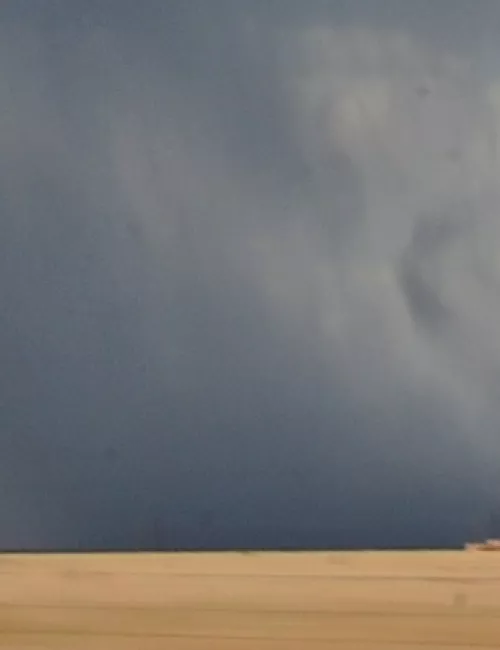A project to co-produce innovative and effective policy strategies and measures in key social, economic, and environmental sectors based on an improved quantification and assessment of the cross-sectoral impacts and vulnerabilities associated with high-end scenarios.
The IMPRESSIONS project researched what a future above 2°C could look like, defined as “high-end climate change”, and assessed what decisions we can take to help reduce the impacts of such high-end climate change. However, climate change isn’t the only problem the world faces; we live in a world with poverty, poor health, water shortages, a lack of food security, land degradation, resource depletion, mounting social inequalities and weak governance systems. These global problems are all closely interlinked and our current solutions for tackling them tend to be over-simplistic.
Outputs
IMPRESSIONS modelled the possible impacts of high-end climate change combined with other key global challenges for five case studies across Europe and Central Asia. Stakeholders have helped develop a vision for what we want the year 2100 to look like, as well as pathways and concrete guidelines for action to move society closer to this vision of a sustainable future.
- Scottish case study
- Iberian case study
- Hungarian case study
- European case study
- Central Asia case study
See the Information Hub for more details of the project outputs.
Publications
- Harrison, P.A., Dunford, R.W., Holman, I.P., Cojocaru, G., Madsen, M.S., Chen, P-Y., Pedde, S. and Sandars, D. 2019. Differences between low-end and high-end climate change impacts in Europe across multiple sectors. Regional Environmental Change, 19: 695–709. doi: 10.1007/s10113-018-1352-4
- Holman, I.P., Brown, C., Carter, T.R., Harrison, P.A. and Rounsevell, M.D.A. 2019. Improving the representation of adaptation in climate change impact models. Regional Environmental Change, 19: 711–721. doi: 10.1007/s10113-018-1328-4
- Kok, K., Pedde, S., Gramberger, M., Harrison, P.A. and Holman, I. 2019. New European socio-economic scenarios for climate change research: operationalising concepts to extend the shared socio-economic pathways. Regional Environmental Change, 19: 643–654. doi: 10.1007/s10113-018-1400-0
- Li, S., Juhász-Horváth, L., Harrison, P.A., Pintér, L. and Rounsevell, M.D.A. 2018. Modelling regional cropping patterns under scenarios of climate and socio-economic change in Hungary. Science of The Total Environment, 622–623: 1611–1620. doi: 10.1016/j.scitotenv.2017.10.038
- Tàbara, J.D., Frantzeskaki, N., Hölscher, K., Pedde, S., Kok, K., Lamperti, F., Christensen, J.H., Jäger, J. and Berry, P. 2018. Positive tipping points in a rapidly warming world. Current Opinion in Environmental Sustainability, 31: 120–129. doi: 10.1016/j.cosust.2018.01.012
- Li, S, Gilbert, L., Harrison, P.A. and Rounsevell, M.D.A. 2016. Modelling the seasonality of Lyme disease risk and the potential impacts of a warming climate within the heterogeneous landscapes of Scotland. Journal of the Royal Society Interface, 13 (116): 20160140. doi: 10.1098/rsif.2016.0140
- Harrison, P.A., Dunford, R.W., Holman, I.P. & Rounsevell, M.D.A. 2016. Climate change impact modelling needs to include cross-sectoral interactions. Nature Climate Change, 6: 885–890. doi: 10.1038/nclimate3039
- Dunford, R.W., Smith, A.C., Harrison, P.A. and Hanganu, D. 2015. Ecosystem service provision in a changing Europe: adapting to the impacts of combined climate and socio-economic change. Landscape Ecology, 30: 443–461. doi:10.1007/s10980-014-0148-2

